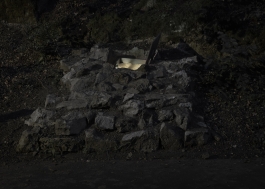
But since the very beginnings of their culture, people have never been able to tolerate the disconnected and inexplicable juxtaposition of events. They have always sought to understand the underlying order of the world. We still have an insatiable need to know why we are here and where we come from. Humanity's deep-rooted desire for knowledge is justification enough for our continuing search. And we have no less a goal in mind than the complete description of the universe in which we live.
- Stephen Hawking
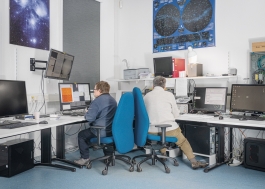
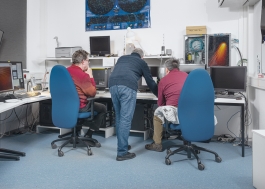
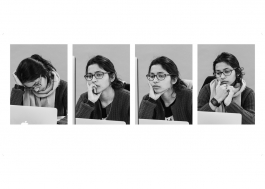
This work deals with the question of the classifiability and comprehensibility of our world and the human urge to understand the underlying order of the world. In short, it is about the never-ending search for knowledge. It takes place in observatories, laboratories, institutes, and research centers and makes near-Earth objects, upsets of space-time, and the fiber-optic architecture of the brain the subject of investigation. The results of such basic research have taken over the interpretative sovereignty in explaining our world. But how exactly are these explanatory models composed? What does the work on them look like; right up front, where new knowledge is gained? And is the world really ordered exactly as we assume? Or is this order the result of human attribution, which also depends on what we can perceive, what we remember, and how we can process it? In order to get closer to what cognition is in the first place and what it looks like, I as a photographer - like a scientist does it - set up an investigation.
For one thing, there is the experimental set-up: a scientist's laboratory becomes my laboratory. I set up my camera and let it expose a picture every 25 seconds for two hours in my absence while the scientist works. The result is a data set that needs to be examined. Do thinking and cognition become visible in these images; the thinking of new thoughts? Or do I, as a viewer, read it into the images? The *Thinking-Heads* created here are joined by documentary images and videos of these research sites, which originate from the highest possible degree of objective observation. Although the image of the observed situation is influenced by me, the situation itself is not. These images tell of the field of tension between knowledge and non-knowledge, but can only be deciphered by adding a description of the image. Even if the content of the picture is clearly recognizable. Documentary photography as an "evidential" medium is tested here for its ability to convey information. Very similar to the question formulated at the beginning about the order of things, the question arises: is meaning immanent in the image, or does it arise in the viewing?
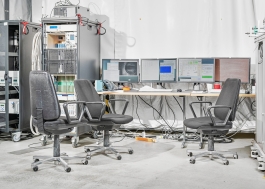
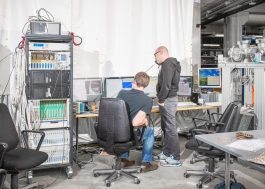
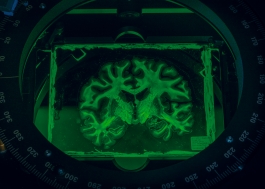
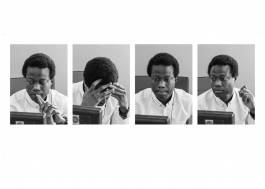
The order can be at the same time necessary and natural (in relation to thought) and arbitrary (in relation to things), because one and the same thing can be placed at one or the other point of the order, depending on the way one looks at it. - Michel Foucault

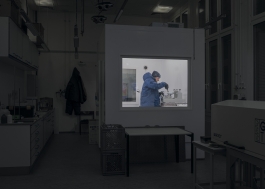

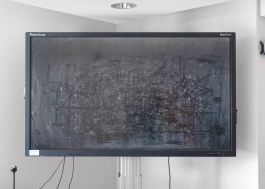
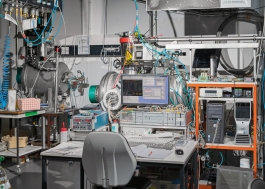
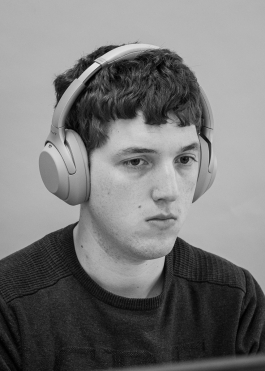
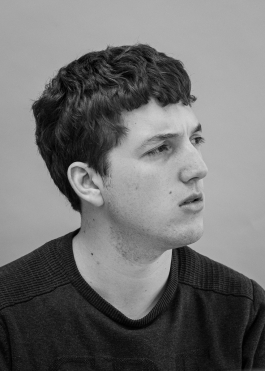
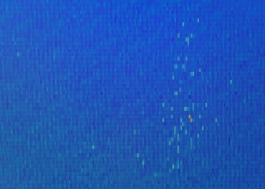
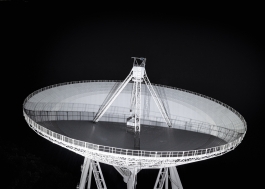
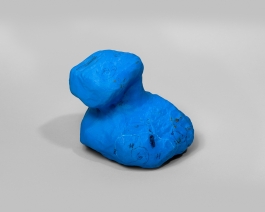

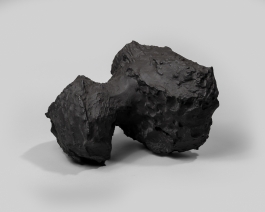
In the natural attitude of mind, we are turned towards things, looking and thinking, which are given to us in each case and are given to us as a matter of course, even if in different ways and in different modes of being, depending on the source of cognition and the level of cognition. In perception, for example, a thing is naturally in front of our eyes; it is there in the midst of other things, living and non-living, animate and inanimate, i.e. in the midst of a world that partially falls into perception like the individual things, is partially also given in the context of memory and from there spreads out into the indeterminate and unknown. - Edmund Husserl
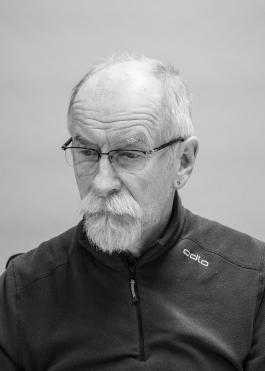
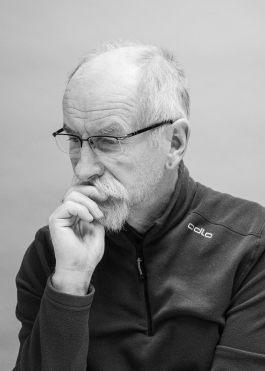
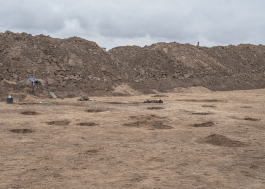

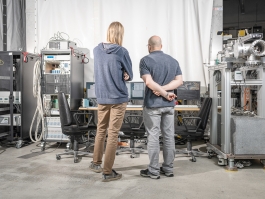
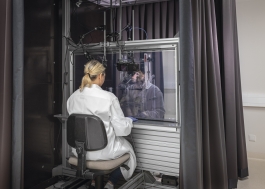
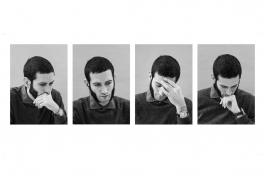
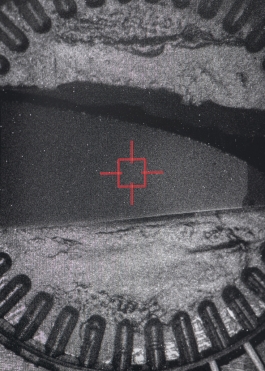


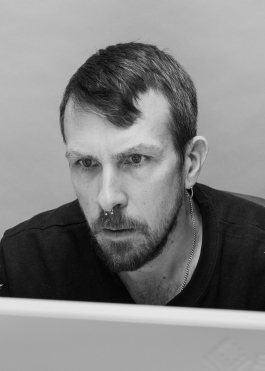
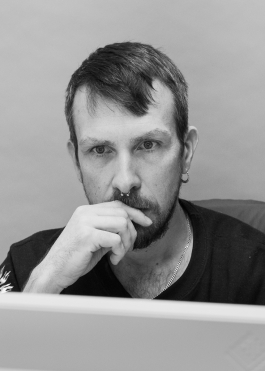

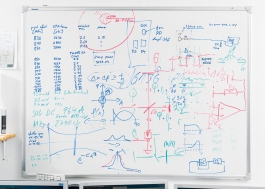
Now there is no true knowledge except by contemplation, that is, by a peculiar act of pure and attentive intelligence, and by the deduction which connects the evidences. How can comparison, which is required almost for all cognition, and which by definition is not an isolated evidence, nor deduction, permit a true thought? - Michel Foucault
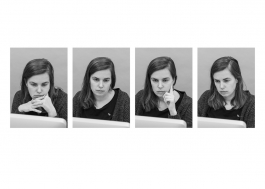
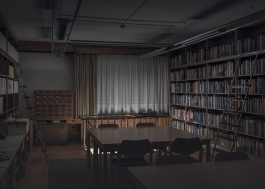



But since the very beginnings of their culture, people have never been able to tolerate the disconnected and inexplicable juxtaposition of events. They have always sought to understand the underlying order of the world. We still have an insatiable need to know why we are here and where we come from. Humanity's deep-rooted desire for knowledge is justification enough for our continuing search. And we have no less a goal in mind than the complete description of the universe in which we live.
- Stephen Hawking





The order can be at the same time necessary and natural (in relation to thought) and arbitrary (in relation to things), because one and the same thing can be placed at one or the other point of the order, depending on the way one looks at it. - Michel Foucault












In the natural attitude of mind, we are turned towards things, looking and thinking, which are given to us in each case and are given to us as a matter of course, even if in different ways and in different modes of being, depending on the source of cognition and the level of cognition. In perception, for example, a thing is naturally in front of our eyes; it is there in the midst of other things, living and non-living, animate and inanimate, i.e. in the midst of a world that partially falls into perception like the individual things, is partially also given in the context of memory and from there spreads out into the indeterminate and unknown. - Edmund Husserl














Now there is no true knowledge except by contemplation, that is, by a peculiar act of pure and attentive intelligence, and by the deduction which connects the evidences. How can comparison, which is required almost for all cognition, and which by definition is not an isolated evidence, nor deduction, permit a true thought? - Michel Foucault


conceptual documentary photography
conceptual documentary photography